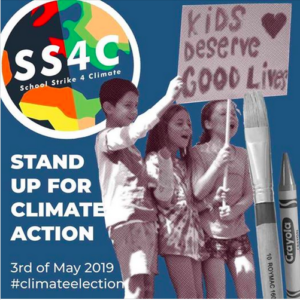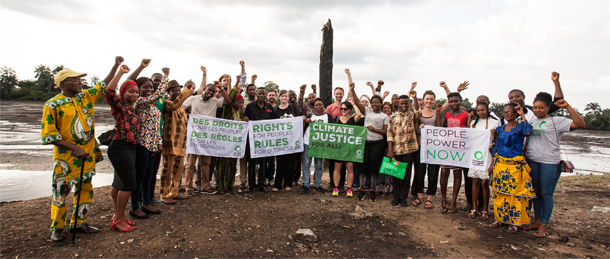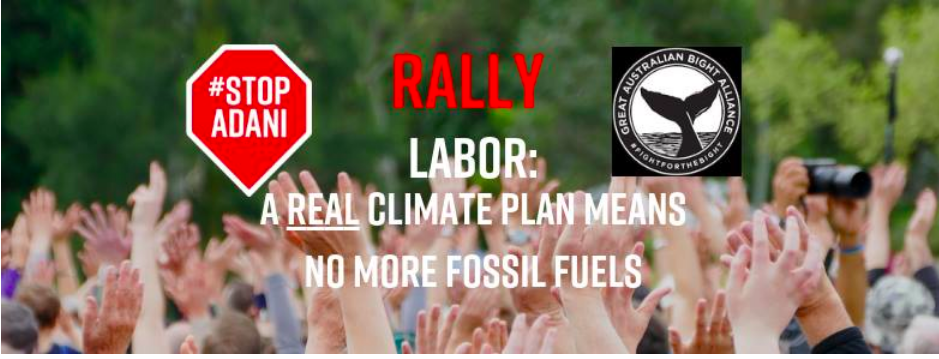These posts are to appear in the fortnightly newsletter
Friday, May 3rd Student Strike for Climate
The details for this Friday’s Student strike for Climate from the School Strike for Climate page
 On the 3rd of May, there are School Strikes being organised at 5 different MP Offices
On the 3rd of May, there are School Strikes being organised at 5 different MP Offices
for the School Strike 4 Climate National Day of Action.
This is only 2 weeks before the Federal election – the #ClimateElection.
We are running out of time and the next government is amongst the LAST to be in a position to take meaningful action on climate change.
May the 3rd is a key opportunity for students to show their local MP just how important climate action is to them and ask them to commit to Stopping Adani, 100% Renewables by 2030 and no new fossil fuels (which means No Drilling in the Bight!). We cannot vote, but climate change in the single biggest threat to our futures and we must make our voices heard!
All the strikes start at 11am. Bring your family, friends, teachers and everyone in between.
Locations
ADELAIDE CITY – Simon Birmingham’s Office (107 Sir Donald Bradman Drive)
STURT – Christopher Pyne’s Office (starting at St Morris Reserve) –
BOOTHBY – Nicolle Flint’s Office ( 724 Marion Rd) –
MAYO – Rebekha Sharkie’s Office (starting at Keith Stephenson Park) –
WAKEFIELD – Nick Champion’s Office (600 Main North Rd)
We hope to see y’all on May the 3rd.


 Schedule of activities:
Schedule of activities: